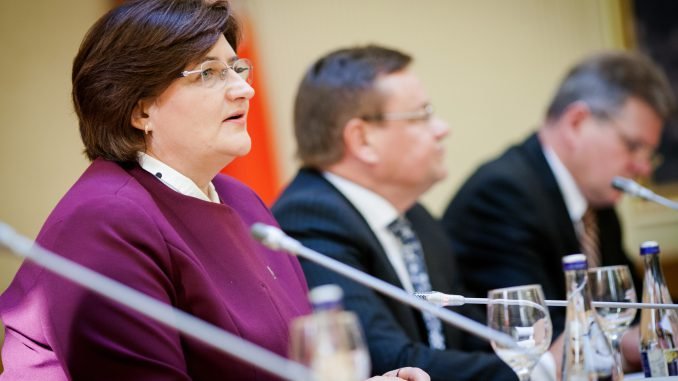
She positively evaluated the center’s readiness to take in refugees but said it lacked specific information on when and how many refugees would arrive.
“The concern is that they don’t know how and how many of them will be brought to the centre as if around 500 people were brought in, they would not have capabilities to accept them all. If they were taken in groups of 30 or 40 in every few months, then they would be capable to handle it. Today nobody knows when and how many of them will be brought there, which is bad,” Grauziniene told journalists at the parliament.
“I got quite a good impression and the situation is not bad, especially in terms of the integration programmes, as young people speak Lithuanian quite well after spending only several months there. So it shows that the people who work there do a lot to achieve such results,” the speaker said.
Graužinienė added, however, that there was a lack of “inter-institutional coordination”. “The commission was set up by the prime minister obviously too late. But the Social Security and Labour Ministry is really better prepared and has planned a number of future steps. But they still don’t have many answers,” Graužinienė said, adding that more information was needed on whether families would be brought to Lithuania or single people, etc.
There are now 35 people from Afghanistan, Ukraine, Russia, Iraq, Syria and Sri Lanka at the Refugees Reception Centre in Rukla.
Lithuania has agreed to take in 1,105 refugees from Syria, Iraq and Eritrea over the next two years, and their initial integration will take place at the Refugees Reception Centre in Rukla. Later on, they will be moved to different municipalities.

Be the first to comment